Hello All!
As you well know, there isn't much time left to submit your entry to the National Geographic Chasing Genius. The submission deadline is just one week from today -- July 31, 2017 at 11:59 p.m. EDT. If you haven't submitted yet, you should seriously consider how and when that's going to happen. To be fair, if you haven't started yet, we get it. Maybe you're excited about the contest, but feeling a little blocked, creatively speaking?
We got you.
Going Through Your Garbage and 4 Other Sources of Inspiration for Your ‘Nat Geo Chasing Genius’ Challenge Idea
There's just a week left to enter National Geographic’s Chasing Genius Challenge, and we reeeealllly want a member of the HeroX community to win $25,000 to make their idea a reality.
The challenge: Make the planet more sustainable, improve the health of people around the globe and feed a future population of 9 billion.
Easy stuff, right? While the tasks sound daunting, every solution, big and small, collectively make the difference. All you need is one idea. And we want to help.
Focusing on the first issue, sustainable planet, here are 5 sources of inspiration to help you craft your genius ideas:
1. What is in your garbage?
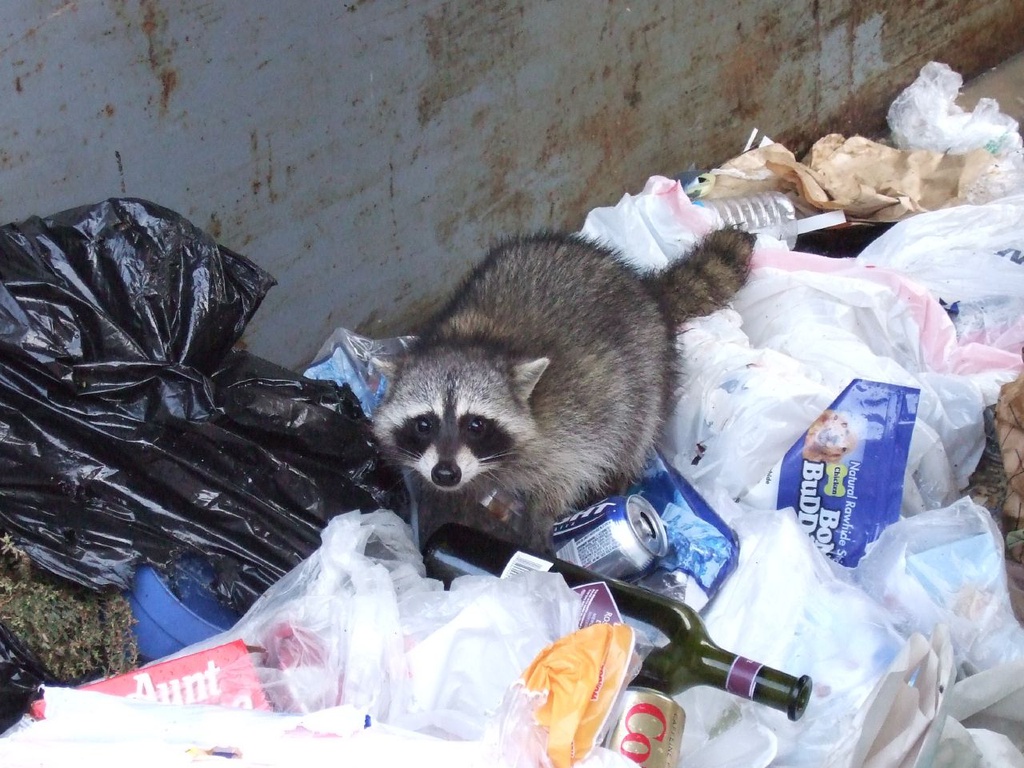
 Photo credit: sortofbreakit via Visualhunt / CC BY-NC
Photo credit: sortofbreakit via Visualhunt / CC BY-NC
Every year we throw 1.3 billion tons of food away, generating more greenhouse gas emissions than all of India. Every year we dump 8 million tons of plastic into the oceans, where it will out number fish in 30 years. Every day the average American produces 4-5 pounds of garbage. Our waste is making the planet warmer, polluting our air and endangering our ground water.
Channel you inner Raccoon and poke through your trash. What did you throw away today? A contact lens, an apple core, junk mail? What was its purpose and why was it needed? Is there a sustainable alternative? This Chasing Genius submission proposes making the plastic-coated stickers on fruits and vegetables edible to keep them out of our landfills. One man’s trash is another man’s source of ideas for the Chasing Genius challenge.
2. What keeps your lights on?
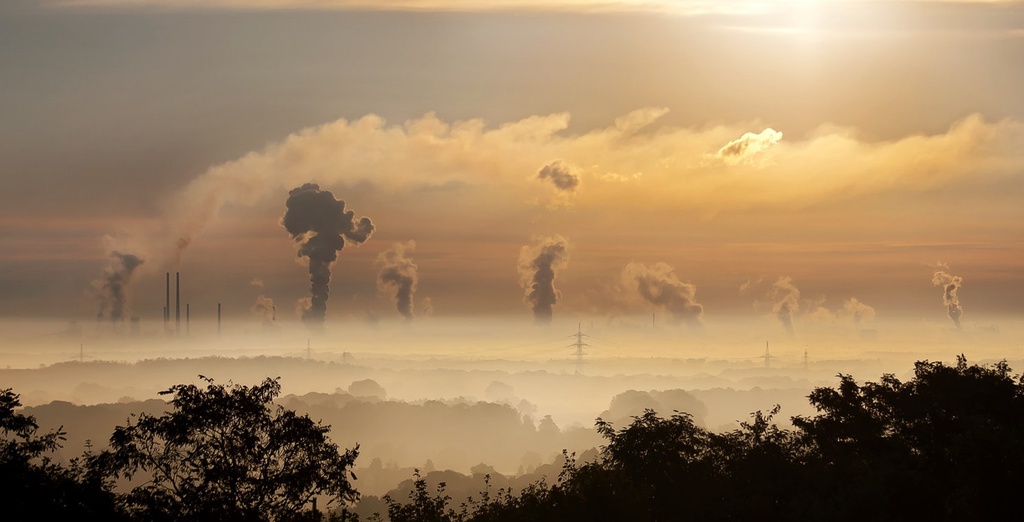
 Photo via Visualhunt
Photo via Visualhunt
The oil, gas and coal we burn to heat and power our homes and offices is the greatest contributor climate change and responsible for almost a third of all emissions. Many are hopeful that renewable energy can and will replace fossil fuels. In 2016, Costa Rica, a country of 4.9 million people, went 110 days without using any fossil fuels for electricity. One Saturday in May, 67% of California’s grid was powered entirely by renewable energy - a new record.
What steps can we take to transition away from using fossil fuels? How can we make clean energy cheaper or even more popular with the public? One Chasing Genius submission proposes aggregating the energy from breaking waves to deliver electricity. Are there untapped sources of power in our environment? Or just have a look around your home and office. What’s buzzing, blinking or whirring? How can you make it consume less energy, or remove it from the grid entirely?
3. Where are you going?
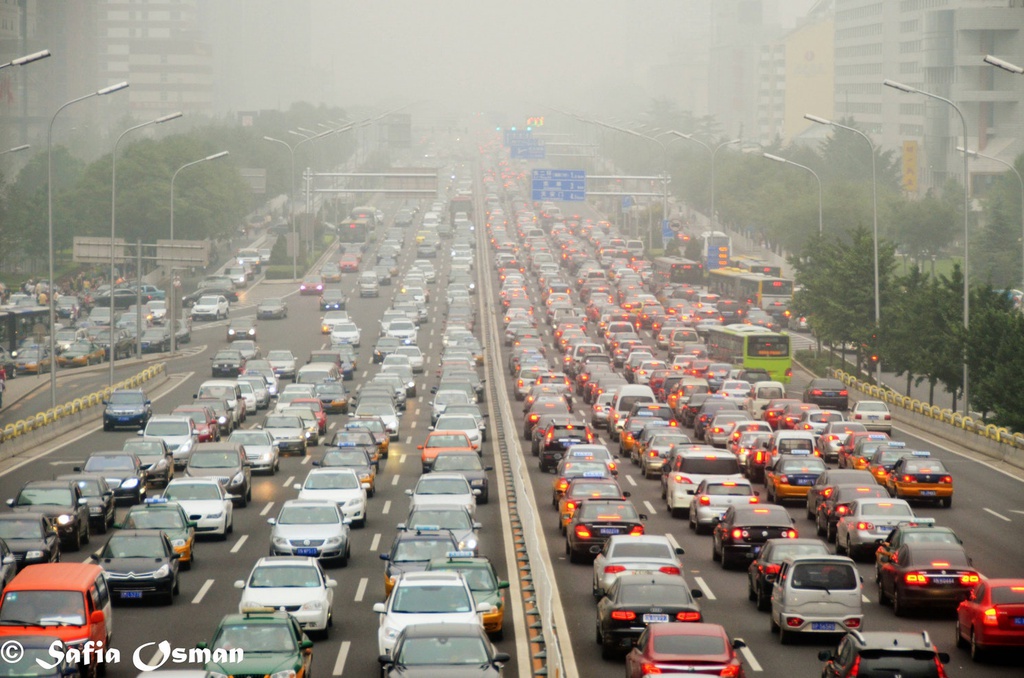
 Photo credit: Saf' via Visual hunt / CC BY-NC-ND
Photo credit: Saf' via Visual hunt / CC BY-NC-ND
Planes, trains and automobiles cause 22% of global climate-change pollution. Cars are responsible for 75% of the air pollution in cities, and a leading cause premature deaths. An MIT study found that more people die from vehicle emissions than traffic accidents. Not to mention the noise pollution created by vehicle engines has serious effects on wildlife.
Elon Musk envisions a future of solar-powered hyperloops and self-driving cars. You can think big and ask “what would Musk do?” Or think about more immediate, incremental changes. Bruno Porro argues in his Chasing Genius Challenge submission that adding regenerative braking systems to all vehicles would be a more cost-effective solution than making every car electric. How did you get to work today? What aspect of your daily journey could be altered to reduce our transportation systems impact on the planet?
4. What are you eating?
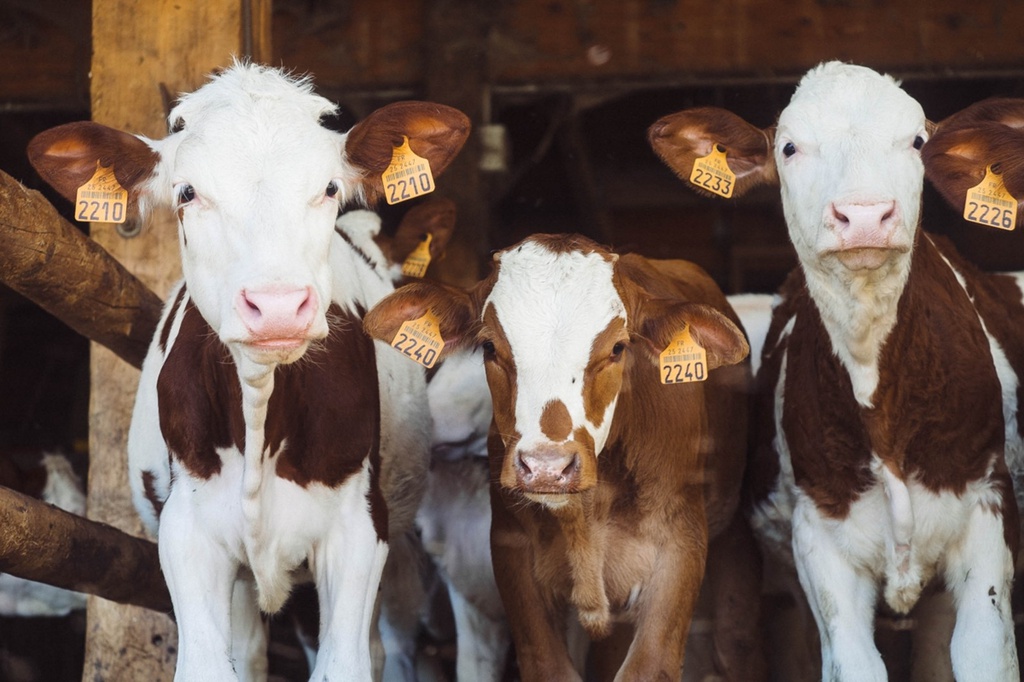
What did you eat today? What environmental impacts has it made on the way to your table? Is there a way to make farm production more efficient? California recently passed legislation to help regulate cow belches (seriously!) How might we motivate people make more environmentally-friendly food choices?Agriculture is the second greatest producer of global emissions after energy. Gassy, grass-fed cows are responsible for 22% of methane emissions. Many studies show that reducing the consumption of meat, primarily beef, would significantly cut back on damage to our environment. Replacing a 5 ounce steak with rice once a week is the equivalent of not burning 36 gallons of gas. Substitute your steak for chicken, and that’s 266KGs of CO2 you would potentially keep out of the atmosphere.
5. How can we protect our forests?
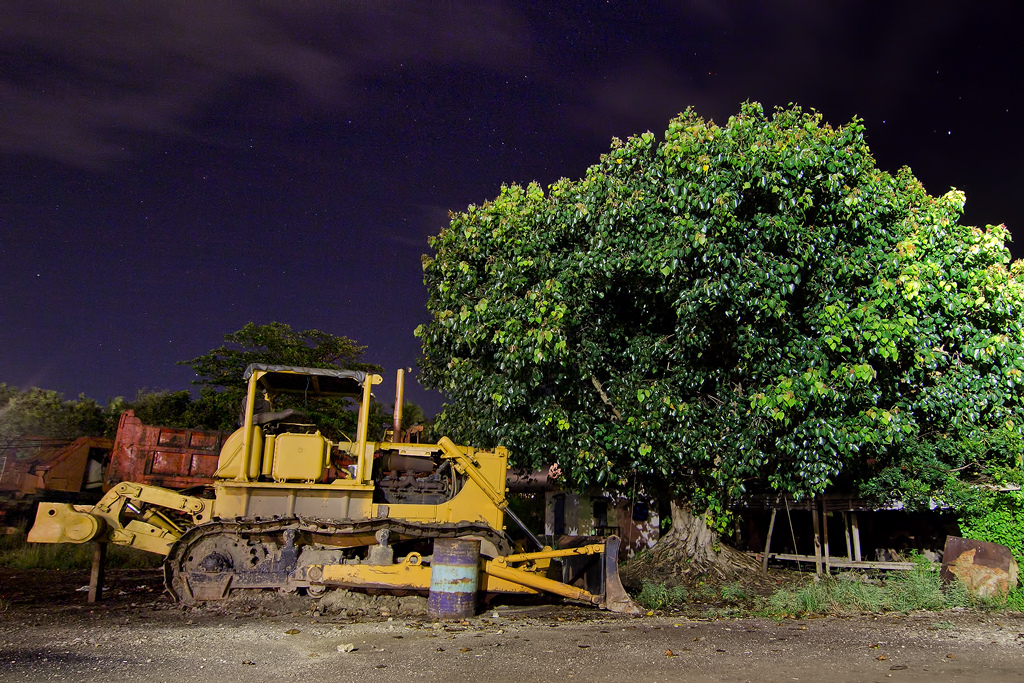
 Photo credit: Tim Albano via Visualhunt / CC BY-NC-ND
Photo credit: Tim Albano via Visualhunt / CC BY-NC-ND
The 3 trillion trees in world provide us with food, shelter, water, medicine and clean air. The planet’s forests absorb 30% of man-made CO2, and their rapid elimination is speeding up climate change. Conserving our forests is probably the most cost-effective way of reducing carbon emissions.
How do we protect our forests? Can we incentivize keeping our forest intact? Andre Devito’s Chasing Genius Challenge idea is to balance out human by planting three for every human on Earth.
WHAT’S YOUR IDEA?
Take a day. Think about what issue matters most to you. Ideas for the Chasing Genius Challenge are evaluated based on innovation, creativity, viability, and inspiration. Get feedback from friends or family (or our forum!) and then:
Entering is easy. Log-in. Upload a 1-minute video describing your idea. Then share your post with friends and us (@iamHeroX)! Remember you only have until July 31st to submit your idea!

